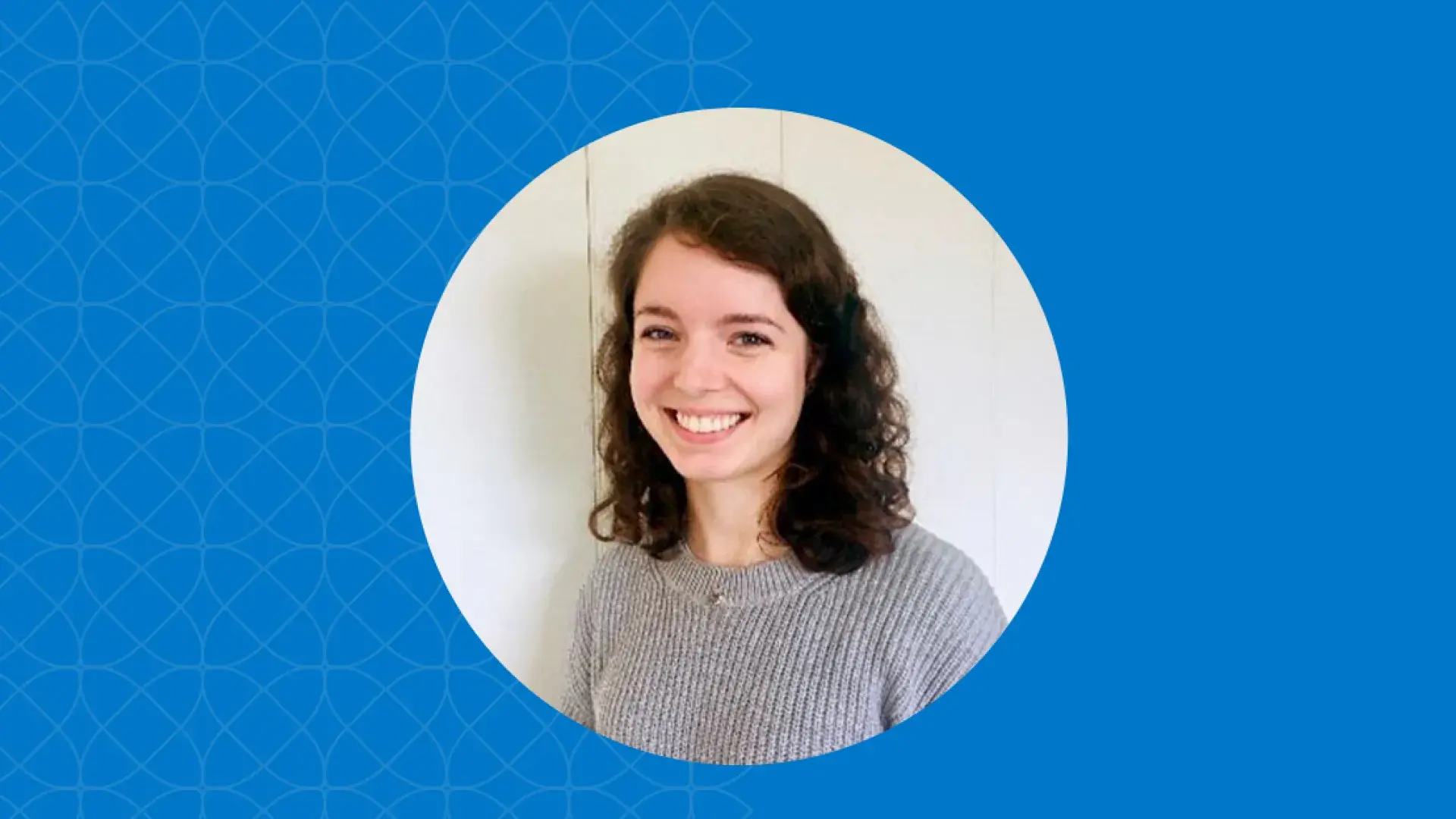
As the inaugural cohort of students in the Master of Science in Genetic Counseling program entered the second year of their education last fall, faculty were optimistic they would fare well in being accepted into lab/industry fieldwork rotations that are highly competitive.
Their belief ended up being well founded as the Class of 2021 indeed fulfilled those expectations as all students who applied to the lab/industry rotations were accepted. In addition, all students participated with great success in rotations that included foci in prenatal, pediatric/adult, cancer, specialty (cardiology and neurology) settings, clinical genetics research, and advocacy.
According to Ann Seman, the program’s director of clinical education, the second-year placement rate in competitive lab/industry rotations during the coronavirus pandemic was an indication of students’ readiness during their first year as the program pivoted to virtual learning without missing a beat. “A major reason they felt well-prepared for their rotations was because of the experience they had with standardized patients,” said Seman, referring to people who are prepped to present genetic counseling scenarios to allow students to practice their skills in a safe setting. “Being accepted for these types of rotations can be quite competitive, so we were very pleased they all were accepted.”
Alice Metz had her genomic science liaison (GSL) student rotation this past spring at California-based Ambry Genetics, which focuses on translating scientific research into clinically actionable test results. Metz said she gained valuable experience about the role of a genetic counselor working in industry. She noted that this contrasted with focusing on patient care at her first three placements at Northern Light Eastern Maine Medical Center in Bangor, Maine, Brigham and Women's Hospital in the Center for Fetal Medicine and Prenatal Genetics, and the Brigham’s Genetics & Genomic Medicine Services. “I observed client meetings, answered case-specific questions from clients, and delivered a final presentation for client education,” she said, adding that her supervisor worked closely with her to provide feedback on how she could improve her genetic counseling skills in the context of an industry perspective.
A crucial part of the success of fieldwork placements is due to the excellence of clinical supervisors. Stephanie Hicks, a genetic counselor at Massachusetts General Hospital’s Center for Cancer Risk Assessment, has worked with students since the Institute’s two-year program began in 2019. She also pointed to students working with standardized patients as key to them being prepared.
“Because they came so well-prepared with basic knowledge, I felt like I could more easily work with my students and help them refine their genetic counseling skills,” said Hicks, who supervised two students this past year. “These students had a level of confidence with how the flow of a session should go very early in their rotation, so my job was to help them apply that knowledge to the best of their ability in an easily digestible form for their patients to understand. I have no doubt that the Class of 2021 will be amazing genetic counselors.”
